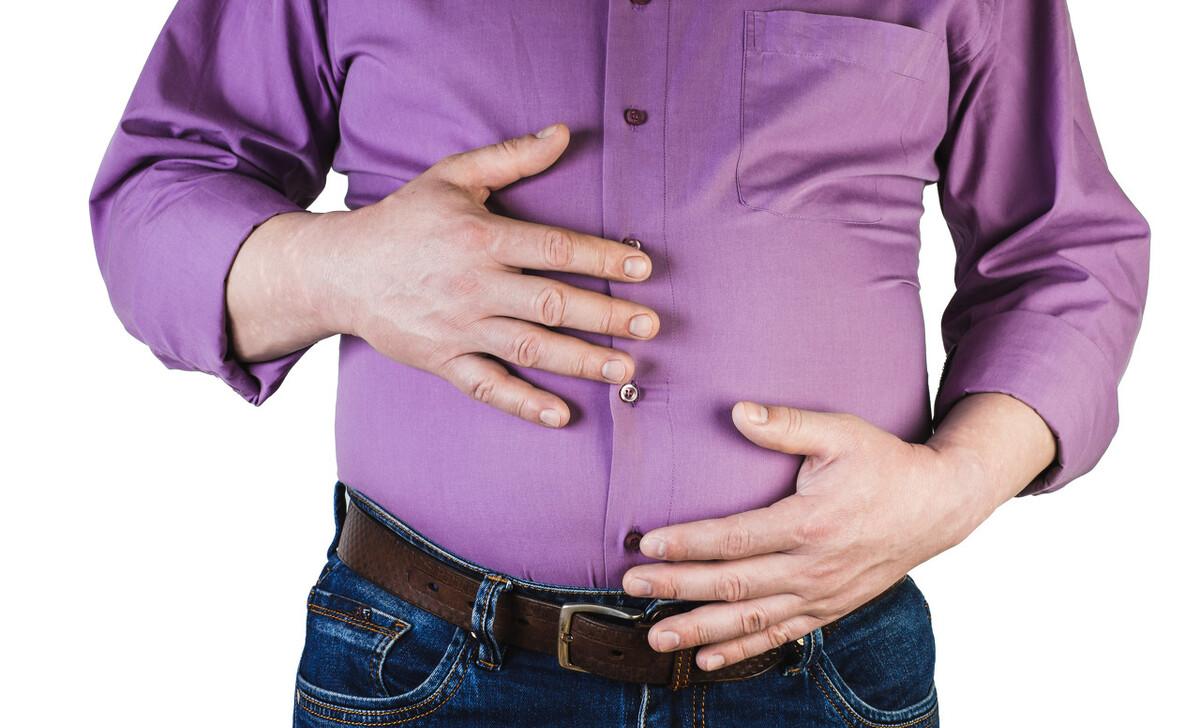In recent years, the incidence of fatty liver has increased year by year, far exceeding that of hepatitis B patients. Simple fatty liver disease is reversible, but it has been left unchecked to develop steatohepatitis and even into cirrhosis and liver cancer. In particular, the following types of livers are most prone to fatty liver disease, and they need to be actively prevented.

Which livers are prone to overwork?
1. Alcoholic liver
Most alcohol is metabolized in the liver, and alcoholism can affect fatty acid oxidation, slow down its oxidation rate, and accelerate the rate of triglyceride synthesis, thereby causing steatosis and inducing alcoholic fatty liver disease.
2. Vegan diet
It is undeniable that veganism can reduce blood pressure and blood lipid levels and prevent metabolic disorders. However, the lack of B vitamins and proteins in vegetarian diets cannot meet the body's energy needs, promote the secretion of glucocorticoids in large quantities, so that too much free fat is released into the blood, far greater than the ability of lipoproteins to transport, so that lipoproteins are deposited in the liver, and eventually cause malnutritional fatty liver.
3. Excessive weight loss
Excessive dieting, complete fasting, rapid weight loss through certain means, etc., can not provide enough sugar, can not provide the body with the required calories, increase the amount of fat decomposition in a short period of time, increase the burden borne by the liver, liver cells are damaged, but also reduce the ability to synthesize lipoproteins, and eventually induce fatty liver.
4. Obesity
Obese people have too many lipid substances in the body, exceeding the burden of liver metabolism and transport, and a large number of lipid substances are deposited in liver cells, which over time produces obese fatty liver. Therefore, you should actively lose weight, control your mouth, and open your legs, so that your liver function can be reversed.
5. Stay up late
From 23:00 to 3:00 a.m., the blood flows through the liver, which is the most active. If you stay up late, it will affect the liver rest, so that the liver blood flow is insufficient, thereby increasing the burden borne by the liver, so you should maintain a regular schedule to ensure adequate sleep.
6. Abuse of drugs
Abuse of diet pills, antipyretic analgesics, antibiotics, hormone drugs and some traditional Chinese medicines can affect liver cells, resulting in fatty liver disease, so it cannot be used without authorization. Studies have found that women who take tetracycline drugs during pregnancy for 15 consecutive days will cause fatty liver.
7. Diabetes
The risk of fatty liver disease in patients with type 2 diabetes is much higher than that of ordinary people, because fatty acids and glucose cannot be used, they enter the liver and are converted into fat, which over time will cause fatty liver.
How to solve fatty liver disease?
1. Adjust your diet
Under the premise of ensuring food diversification, strictly control the total daily calorie intake. You can eat fish, lean meat and milk and eggs containing high-quality protein appropriately; focus on fresh vegetables and fruits containing B vitamins and other vitamins; do a good job of thickness and thinness, cook food by steaming and stewing, and reduce frying.
2. Maintain moderate exercise
There are 2 to 3 times a week of moderate-intensity exercise of more than 30 minutes, such as brisk walking, playing ball or running, etc., insist on 4 to 5 times a week, so that you can consume excess fat in the body and assist in the treatment of fatty liver.
Tips
Although active weight loss can reverse fatty liver, but can not blindly pursue speed, a month to lose 2 to 4 pounds, the damage to the body is small and not easy to rebound, to ensure that the body mass index is controlled between 18.5 to 24, men and women's waist circumference is controlled below 85 cm and 90 cm respectively. If the fatty liver is severe, it is also necessary to take the drug correctly under the guidance of a doctor to avoid developing steatohepatitis.
Family doctor online special article, unauthorized reproduction